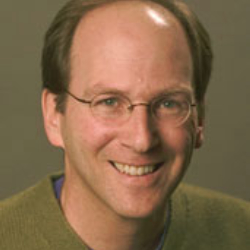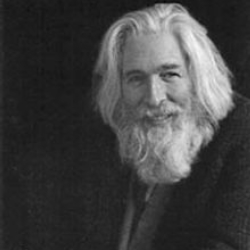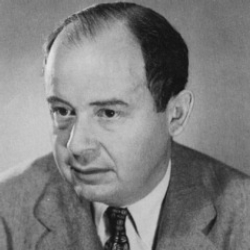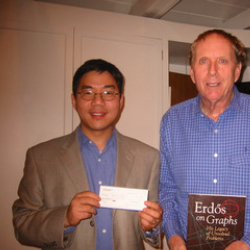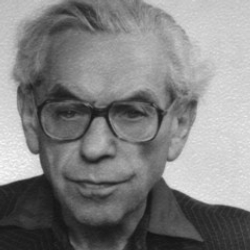Steven Henry Strogatzis an American mathematician and the Jacob Gould Schurman Professor of Applied Mathematics at Cornell University. He is known for his work on non-linear systems, including contributions to the study of synchronization in dynamical systems, for his research in a variety of areas of applied mathematics, including mathematical biology and complex network theory, and for his outreach work in the public communication of mathematics. He has an Erdős–Bacon number of 4...
(wikipedia)

